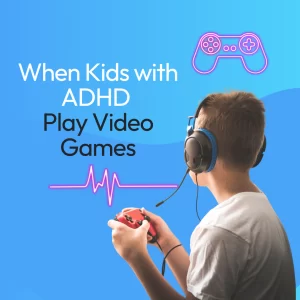Talking it out is an idea that is not likely to bolster a lot of faith in a young person who is being bullied. After all, the bully does not seem to be interested in talking. But, what if conversation did have the power to heal and restore. What if conversation could give us the tools we need to feel confident in ourselves and in our place in our family. And feeling confidently established in our family supported us in being a confident friend, which helped us have confidence in the classroom, which helped us take a confident place of belonging in our school. I suspect, in that case, conversation might prevent bullying.
45% of teens report that they are online “almost constantly,” according to a 2018 poll by Pew Research. That number has increased from 24%, just 5 years ago. As a person who did not grow up with social media (Besides phone calls and limited texting, the only thing my first phone could do was play Snake), I even find the ease of internet access something that I have to consciously avoid. I find that I have to pull myself away from my MacBook, iPhone, or iPad to simply sit down and read a book for an hour. All the while resisting the urge to pick up my phone, for no reason at all. Pew Research indicates that adults are not immune to the “almost constant” usage of social media either, almost 30% of adults fall into that highest use category.
Building Empathy
So, how do we use conversation between adults and children to foster the growth of resilience to bullying? The first step is for us to put our devices down and talk to each other. The difficulty about conversation is not putting the phone down however; it is giving the relationship between two people the time and space required for a conversation to develop. Our phones give us the ability to always be connected and never be bored. And developing deeper conversations with others takes time. There may be long pauses where nothing is said. Moments occur where something is said that you did not anticipate, and you are not fully prepared to respond. Face-to-face conversations can be a little messy. They can take a little time. But they are worth it for the seeds of deep meaning they plant.
Conversation Starts at Home
The second way that we can use conversation to foster resilience from bullying is to consider where children learn the art of conversation in the first place: the family. Family conversations are where young people first start to identify others as being different from themselves, and they come to understand how to negotiate with them. Young people learn empathy having conversations with family; they are asked to put themselves in the shoes of a sibling. And these are the foundations of empathy. These conversations can be used to explore feelings in a way that teaches us how to separate emotions, like anger, from actions, like aggression. When young people talk through problems at home, they are likely to take those skills into their school.
Conversation Builds Confidence
The last way that we will talk about the contribution that conversation can develop resilience in young people is that conversational fluency builds confidence. When someone feels empowered and able to articulate themselves through conversational fluency, confidence will come hand-in-hand. And with personal confidence comes a natural resilience to being bullied. Often, bullies are those students who already have attained power. Many times, this power is obtained from characteristics like social status or age or physical size. But many times the power is maintained by subjugating others. Bullies search out victims, and they do not often choose those students who are confidently engaged in the milieu. Children who bully often select victims who have very little social support. Bullies also single out those who tend to fall at the bottom of the social hierarchy. Children who are already anxious make easy targets.
There are a number of reasons for us to work with young people to develop confident conversational skills. There are, perhaps, very few other skills as critical to the success of a young person, or any person, as the ability to have an engaged and extended conversation with another person.
Check out some of our other posts:



